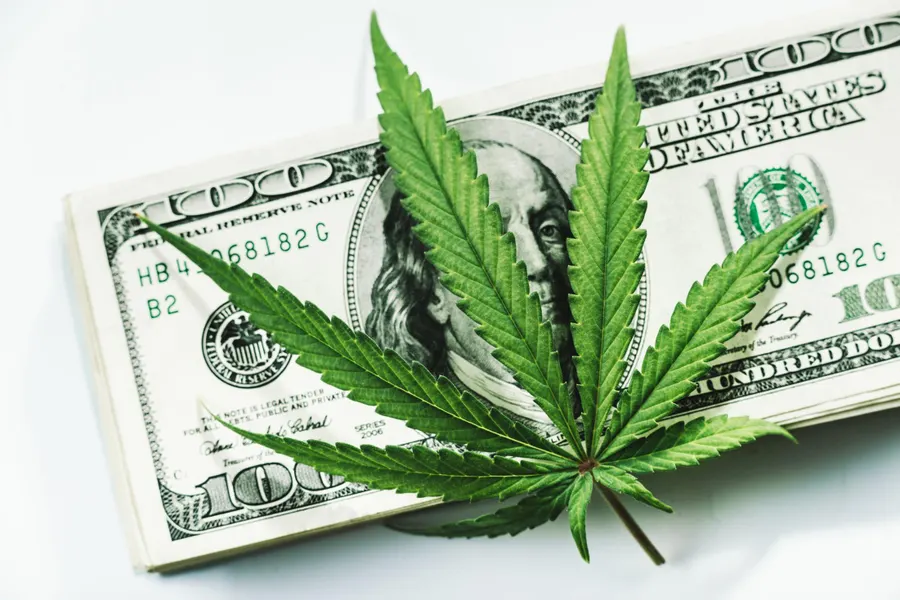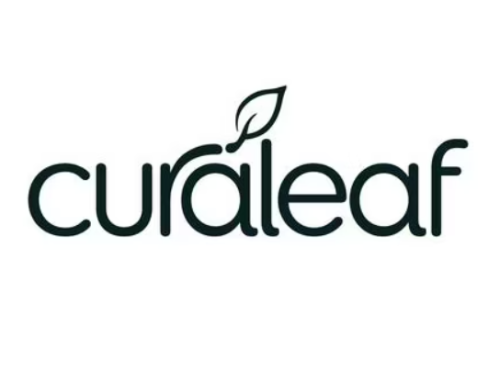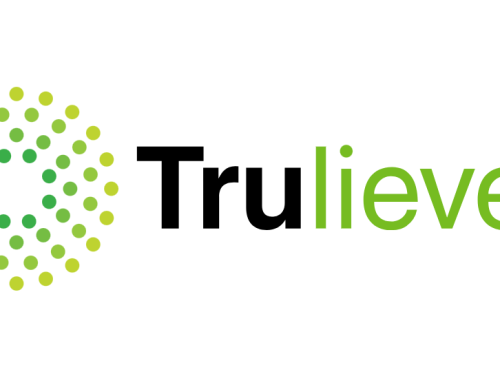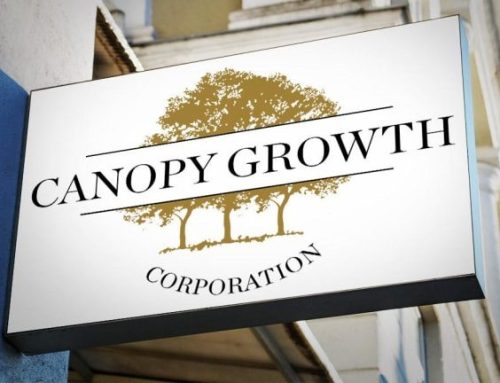Tennessee Hemp Seizure Raises Questions About Drug Law Enforcement
NEW YORK- A recent legal dispute has highlighted significant issues in the enforcement of drug laws, centering on the seizure of over $1 million worth of legal hemp products. This incident has sparked a debate on the interpretation of state and federal regulations concerning hemp versus cannabis, leading to a critical examination of how these laws are applied.
Legal Action and Law Enforcement Oversight
On May 20, the Litson Law Firm filed a lawsuit in the U.S. District Court for the Middle District of Tennessee. The case involves raids conducted by law enforcement officers at four Old School Vapor locations and a Sak Wholesale warehouse. These searches, not initially related to hemp, resulted in the controversial confiscation of a substantial amount of hemp, mistaken for cannabis.
Misunderstanding Between Hemp and Cannabis
The core issue is the confusion between hemp and cannabis by law enforcement. Acting on directives from the District Attorney’s Office, officers seized hemp, equating it with cannabis. This misclassification violated the Fourth and Fourteenth Amendments of the U.S. Constitution, which protect against unlawful seizures and ensure due process. Although hemp is federally legalized, provided it contains no more than 0.3% THC, it remains contentious in states with strict cannabis regulations.
Federal vs. State Law Conflicts
While federal law defines hemp as legal if it contains no more than 0.3% THC, state laws can present conflicting regulations. In this case, despite the hemp being federally compliant and having passed third-party laboratory testing, local authorities dismissed these certifications and relied on their assessments, resulting in the seizure.
This situation underscores the tension between federal authority and state sovereignty. Although federal law recognizes hemp as a legal substance within specific THC limits, states can impose stricter controls, leading to discrepancies in enforcement. Such conflicts can cause legally compliant businesses like Old School Vapor and Sak Wholesale to face punitive actions mistakenly.
Impact on Businesses and Consumers
The repercussions of these seizures extend beyond immediate financial losses. Businesses distributing legal hemp face reputational damage, operational disruptions, and potential loss of customer trust. Consumers also suffer from reduced access to legal hemp products, leading to confusion and uncertainty about their legitimacy and safety.
Calls for Legislative Clarity
As this legal battle continues, industry stakeholders and advocacy groups are advocating for clearer legislative guidelines that align federal and state laws. Standardized procedures for product verification and law enforcement training are necessary to prevent similar incidents. Improved awareness and education on the legal distinctions between hemp and cannabis could mitigate future conflicts, ensuring rights are upheld and lawful businesses are not unjustly targeted. The Tennessee hemp seizure case highlights the need for harmonized regulations and better education for law enforcement to protect legal businesses and maintain consumer confidence in the hemp industry.



































